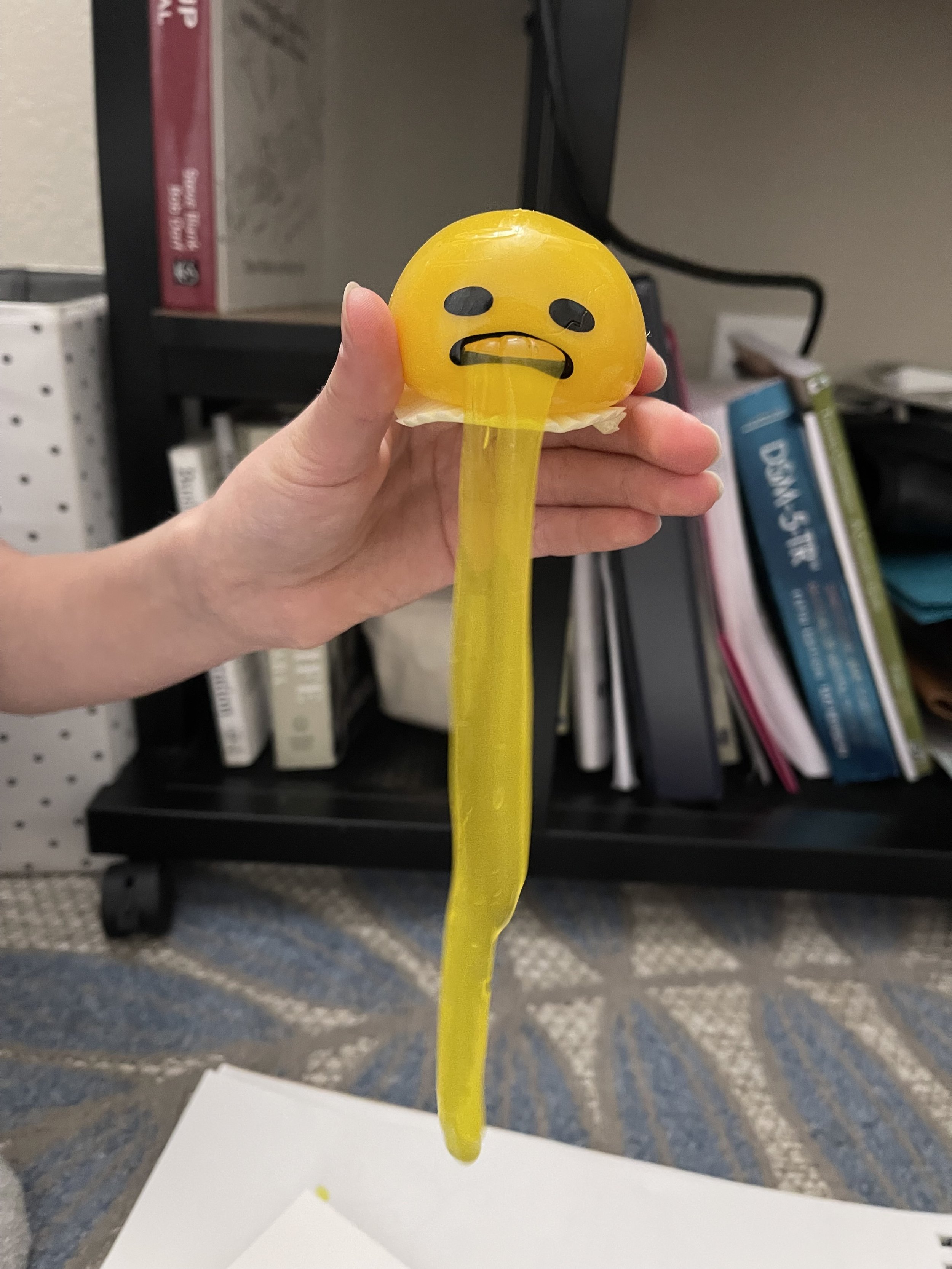Do Phobias come from Traumas?
Phobias can sometimes be related to traumatic experiences. Trauma refers to an event or series of events that are emotionally distressing or disturbing, often involving a threat to one's physical or psychological well-being.
While not all phobias are linked to trauma, there are instances where phobias can develop as a result of traumatic experiences.
Here are a few ways phobias can be related to trauma:
Direct Experience: A phobia can develop if an individual directly experiences or witnesses a traumatic event related to the specific phobic stimulus. For example, someone who has been in a car accident may develop a phobia of driving or being in vehicles.
Vicarious Learning: Phobias can also develop through observational learning or hearing about traumatic events. If a person witnesses someone close to them experiencing fear or distress in the presence of a specific stimulus, they may develop a phobia associated with that stimulus. For instance, a child may develop a phobia of dogs after witnessing a family member's intense fear response to a dog attack.
Sensitization: Traumatic events can sensitize individuals to certain stimuli, making them more likely to develop phobias. For instance, if a person has experienced a traumatic event in a confined space, such as being trapped in an elevator during an earthquake, they may develop a phobia of confined spaces (claustrophobia).
Post-Traumatic Stress Disorder (PTSD): In some cases, phobias can be a symptom of PTSD, a mental health condition that can develop after a traumatic event. Phobias related to PTSD may be specific to the traumatic event itself or may be more generalized, such as a fear of crowds or loud noises.
It's important to note that not all phobias are related to trauma, and phobias can also develop without a clear connection to a specific traumatic event.
The development of a phobia can involve complex factors, including genetic predisposition, learned behaviors, and individual vulnerability.
Can Phobias be related to minor traumas?
Yes, phobias can develop from minor traumas, not just major or life-threatening events. While some phobias may be directly linked to highly distressing or traumatic experiences, others can emerge from seemingly less significant events or situations. It's important to remember that the impact of an event can vary from person to person, and what may be considered minor to one individual can still have a significant emotional impact on another.
Phobias can develop when an individual associates intense fear or anxiety with a specific object, situation, or stimulus. Even seemingly minor traumas can trigger a fear response and lead to the development of a phobia. For example:
Embarrassing or Humiliating Events: Events that result in embarrassment, ridicule, or social humiliation can leave a lasting impact on an individual. They may develop a phobia related to situations that resemble or remind them of the traumatic experience, such as public speaking, performing in front of others, or social interactions.
Early Childhood Experiences: Phobias can sometimes originate from early childhood experiences, even if they are relatively minor in nature. For example, a child who had a negative experience with a dog, such as being startled by a barking dog, may develop a phobia of dogs.
Witnessing Minor Accidents: Observing or being present during minor accidents or incidents, such as a car fender bender or a minor fall, can instill fear and result in the development of phobias. This may lead to phobias related to driving, certain physical activities, or specific environments.
Negative or Uncomfortable Encounters: Unpleasant or uncomfortable encounters with certain stimuli, such as insects, needles, or medical procedures, can contribute to the development of phobias. Even if the encounter is not life-threatening, the emotional distress experienced can lead to the formation of a phobia.
It's important to remember that the severity of the trauma or the event itself is not the sole determining factor for the development of a phobia.
Individual susceptibility, genetic factors, and personal interpretation of the event can also play a role. If a phobia significantly impacts your daily life or causes distress, seeking professional help from a mental health professional can provide guidance, support, and appropriate treatment options.
When trauma is involved, addressing the underlying trauma through trauma-focused therapies, such as Eye Movement Desensitization and Reprocessing (EMDR) may be beneficial in treating both the phobia and the associated traumatic symptoms.
At Kairos Wellness Collective, mental health professionals with experience in trauma and phobia treatment can provide comprehensive assessment and appropriate treatment strategies based on an individual's specific needs. Please contact us today to learn more.

